Released in December 2020, Renewables Readiness Assessment: El Salvador (English (full report) | Spanish (summary)) is based on a study undertaken by the International Renewable Energy Agency (IRENA) in collaboration with the Executive Hydroelectric Commission of the Lempa River (CEL – Comisión Ejecutiva Hidroeléctrica del Río Lempa) and the National Energy Council (CNE – Consejo Nacional de Energía).
The release states: "El Salvador has prioritised renewable energy projects to reduce its dependence on imported fossil fuels and improve energy security. The National Energy Policy 2010-2024 has become a key tool for the country to advance the use of indigenous renewables, including hydropower, biomass, solar photovoltaic (PV) and geothermal power."
Key recommendations of the report include:
- Enhance long-term planning and policy for the renewable energy sector
- Create enabling conditions for geothermal energy development
- Establish clear institutional frameworks and co-ordination
- Assess the implementation of distributed power generation
- Foster project development and financing for renewables

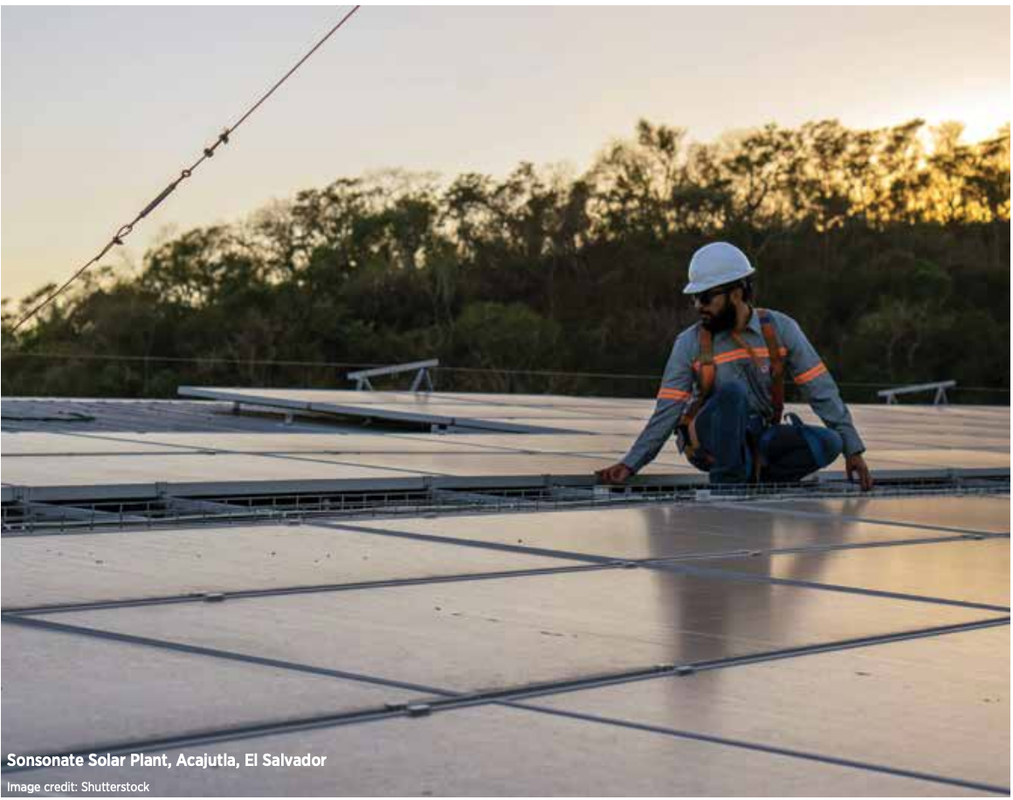
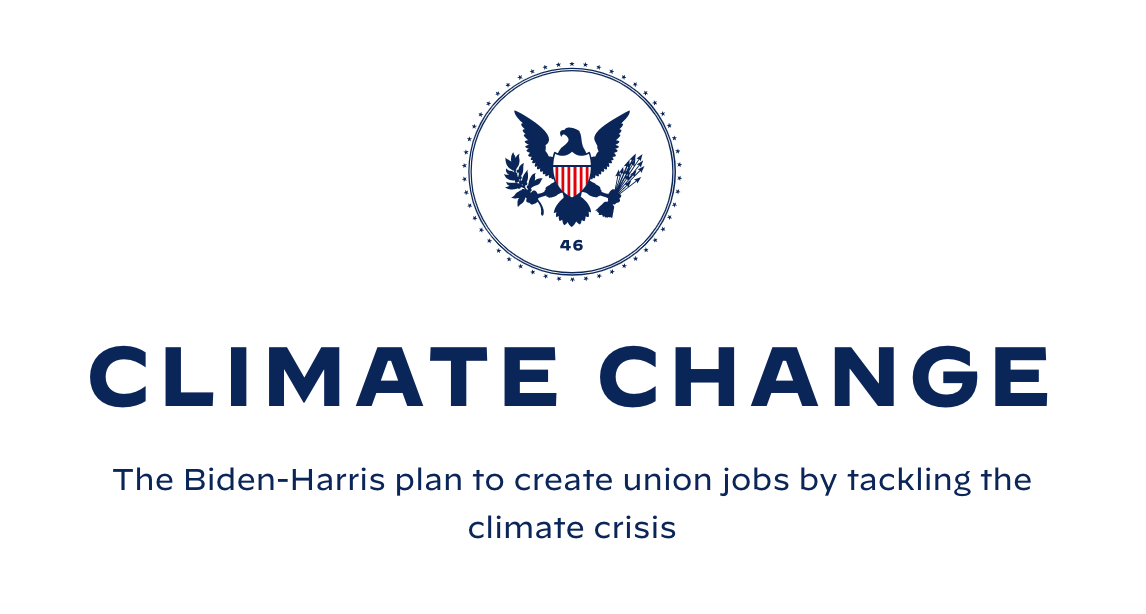
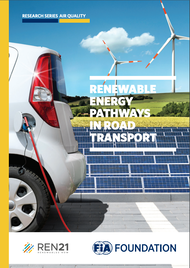
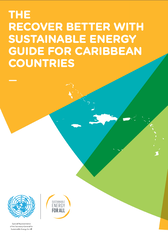
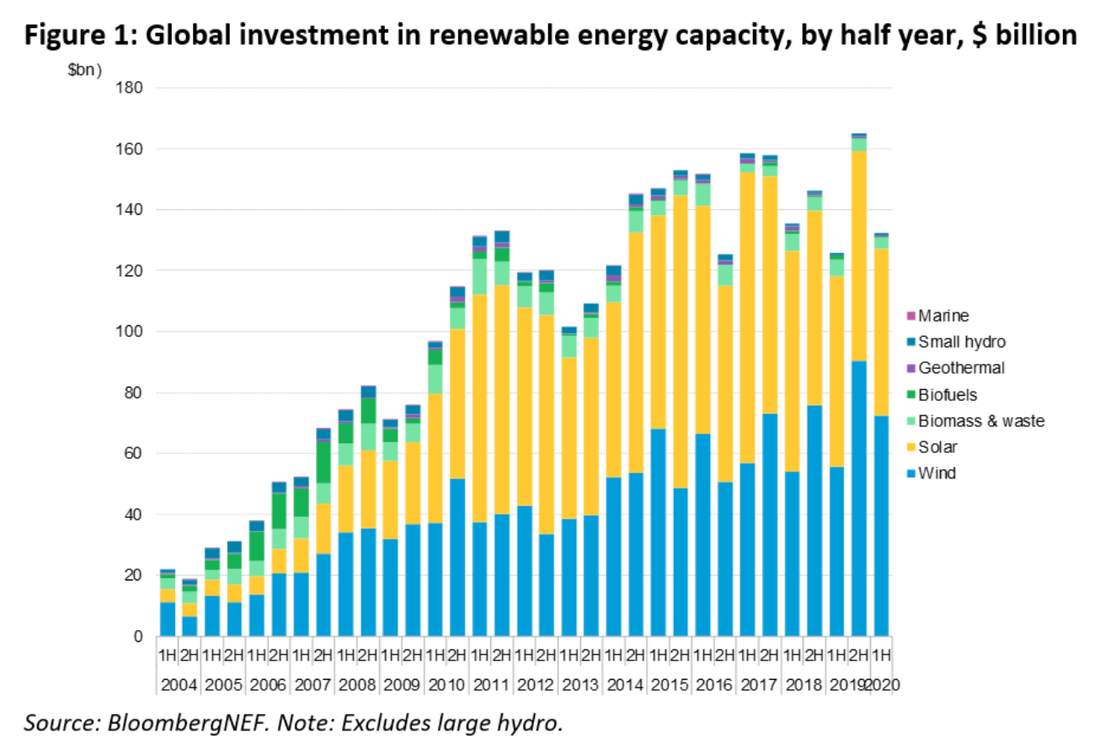
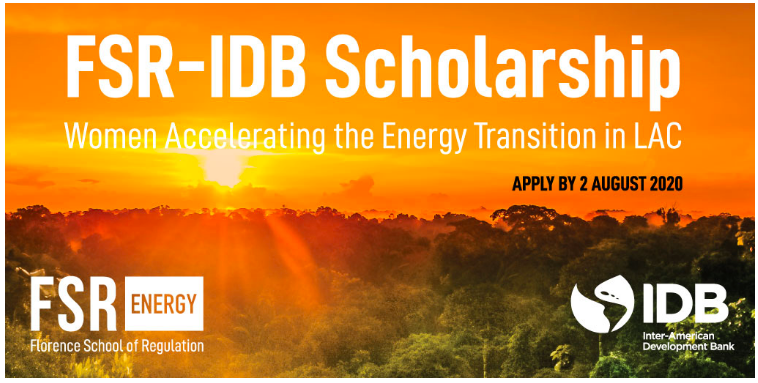


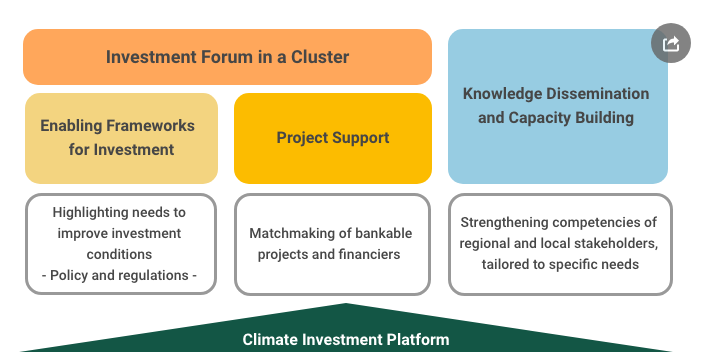
 RSS Feed
RSS Feed